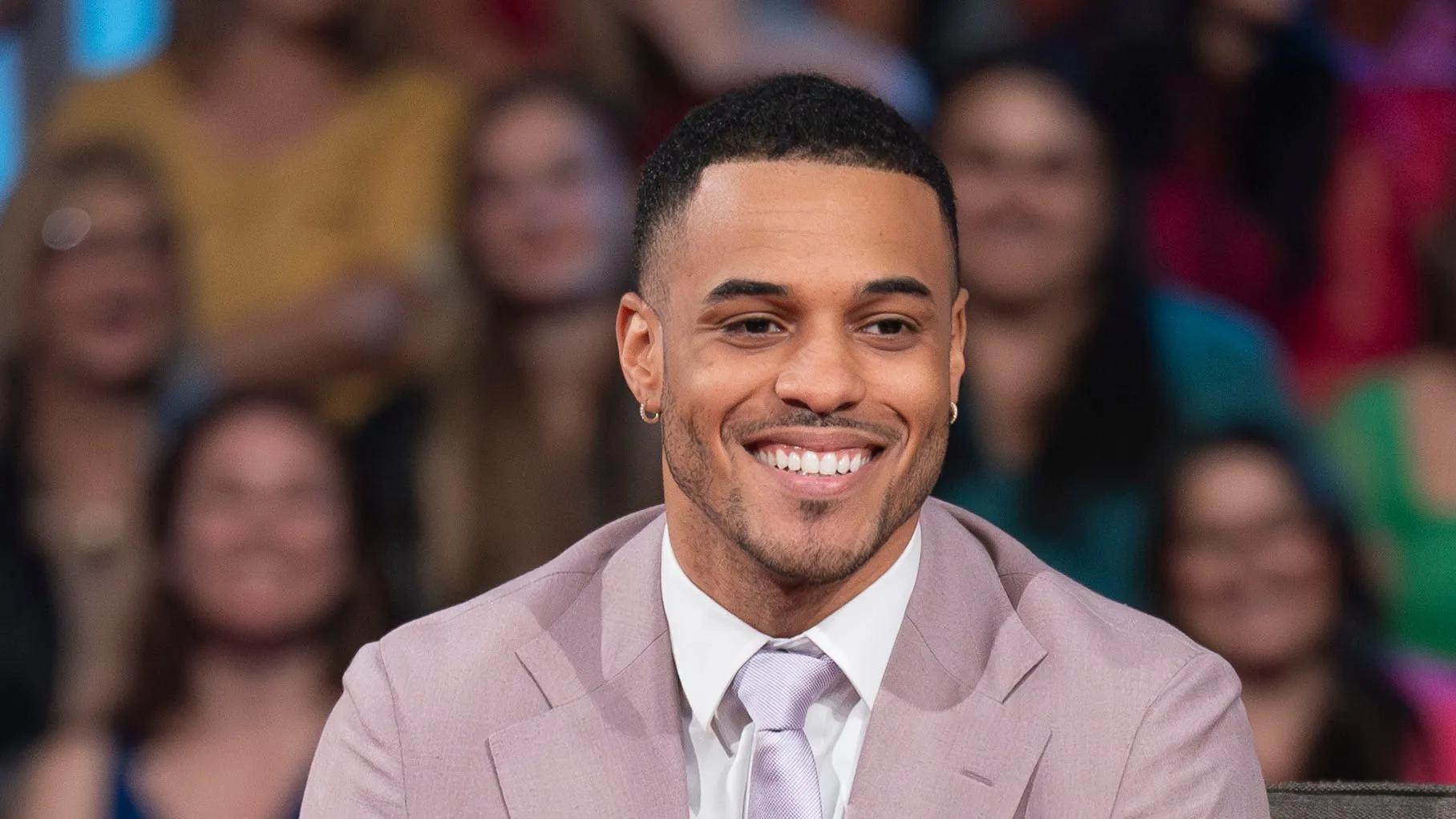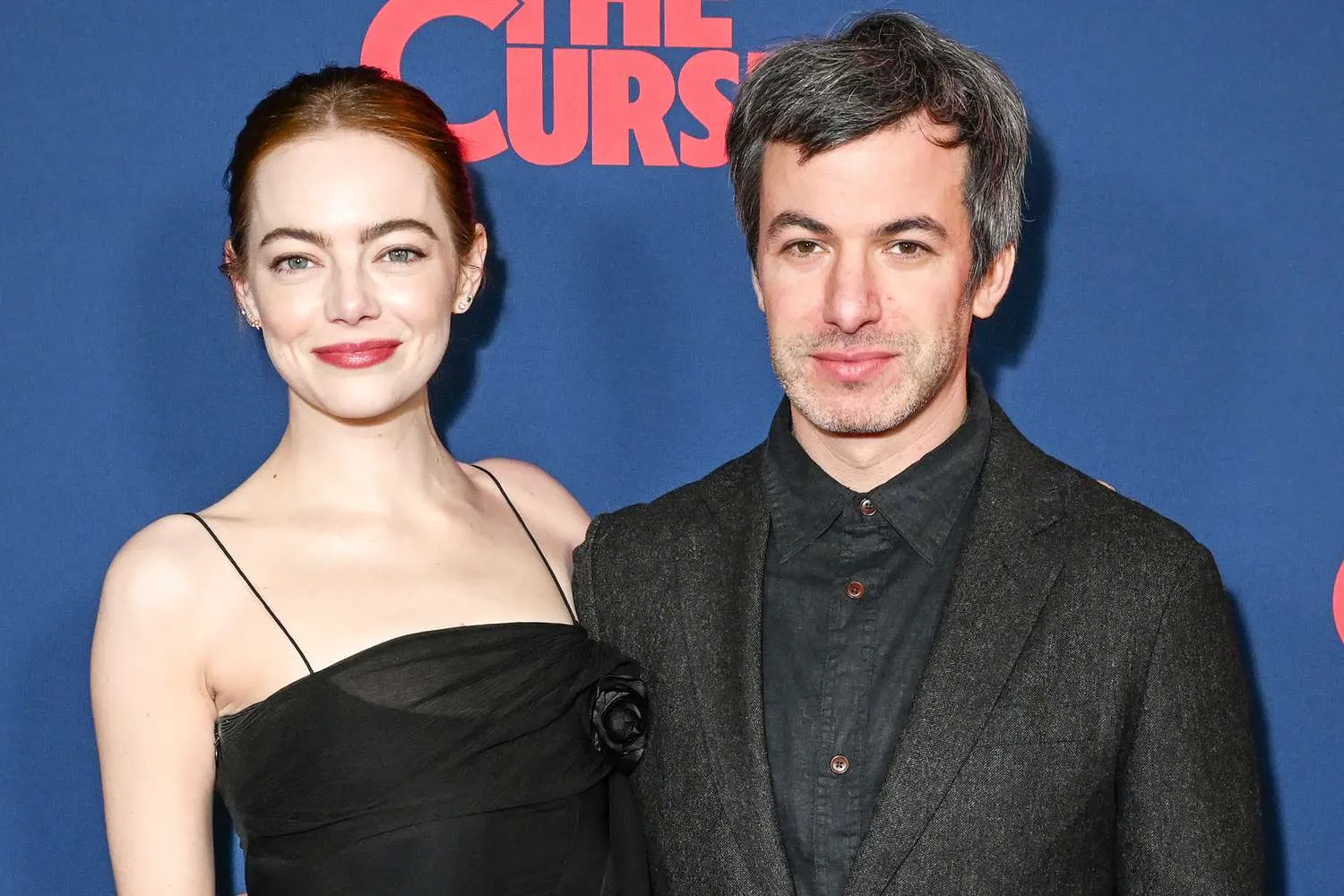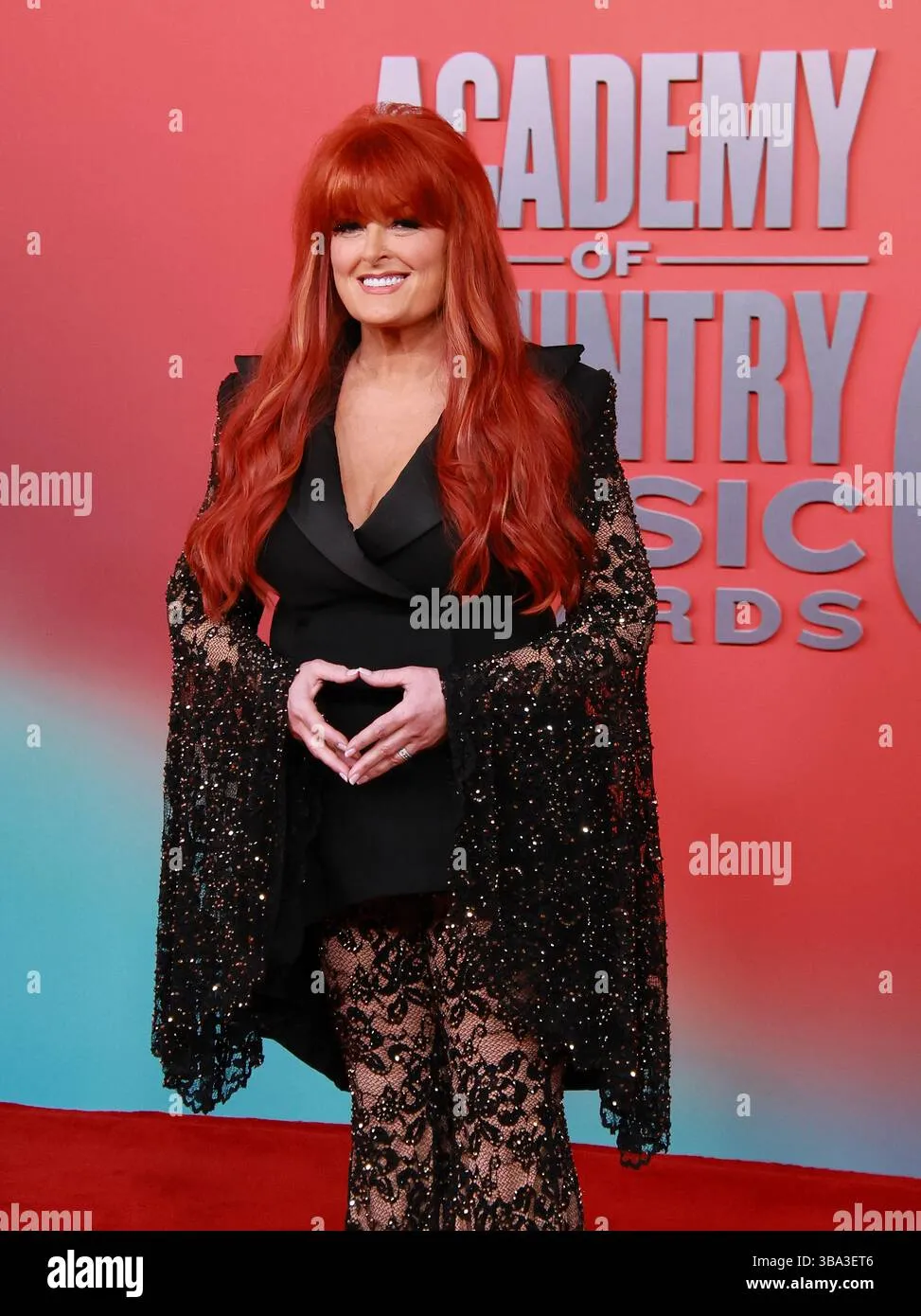The Bachelor Women: Shocking Revelations That Will Change Everything!
The Bachelor franchise, which has captivated audiences since its inception, is now under a microscope as shocking revelations about its female contestants emerge. With a history steeped in traditional gender roles and unrealistic romantic ideals, the show has sparked debates about love, race, and the portrayal of women in media. As the franchise evolves, so too do the stories of the women who have participated, revealing a complex tapestry of experiences that challenge the show’s narrative.
In recent years, the franchise has faced significant criticism for perpetuating outdated ideals of romance. Contestants often find themselves in a high-pressure environment where a proposal is seen as the ultimate goal. This narrow view of love has been scrutinized, with many former participants expressing feelings of being reduced to mere pawns in a scripted narrative. As one former contestant stated, “It felt more like a game than a genuine search for love.”
The issue of representation has also come to the forefront, particularly following the historic selection of Matt James as the first Black bachelor. This milestone opened the door for discussions about the experiences of Black women within the franchise. Many have shared their struggles with being depicted in a certain light, often overshadowed by the show’s focus on drama and competition. As one contestant remarked, “It’s hard to navigate love when you feel like you’re fighting for visibility.”
Behind-the-scenes revelations have shed light on the production tactics used to create tension among contestants. Tell-all books and interviews have exposed the emotional manipulation that many women experienced during filming. These tactics raise ethical questions about the treatment of participants, as contestants often face intense scrutiny and public backlash. The franchise’s reliance on dramatic plot twists has become both a draw for viewers and a point of contention among critics who argue it undermines authentic relationships.
The evolution of The Bachelor has also been marked by a growing awareness of diversity and representation. Recent seasons have introduced more diverse casting choices, reflecting a shift in audience expectations and societal norms. The introduction of the first Asian American Bachelorette, Jenn Tran, marks a significant milestone in the franchise’s history. This commitment to greater representation has been welcomed by fans who demand a more inclusive portrayal of love and relationships.
Social media has profoundly impacted the lives of contestants, providing a platform for many to share their stories and challenge the show’s narrative. As contestants leverage their reality TV fame to launch successful careers, they highlight the potential for personal growth post-show. However, the pressure of public scrutiny can take a toll on mental health, with many discussing the emotional challenges they faced during and after their time on the show.
The franchise’s cultural significance cannot be understated, as it reflects and shapes societal attitudes towards dating and romance. The ongoing discussions about the portrayal of women have led to increased scrutiny of the show’s narrative choices. Critics argue that the franchise’s approach to storytelling often falls short of empowering women, perpetuating stereotypes rather than dismantling them. This has prompted calls for more responsible storytelling that respects the experiences of contestants.
As viewers continue to engage with the phenomenon of “Bachelor Nation,” the impact of the show extends beyond entertainment. It has become a cultural touchstone that influences modern dating and societal views on relationships. The franchise’s portrayal of love has sparked debates about the concept of soulmates, with many leads expressing feelings for multiple contestants, challenging traditional notions of monogamy. This evolving dialogue reflects broader societal changes, including shifting attitudes towards love, commitment, and the role of women in relationships.
In conclusion, the revelations surrounding The Bachelor women are both shocking and enlightening, offering a glimpse into the complexities of reality television. As the franchise continues to evolve, it faces the challenge of balancing entertainment with ethical storytelling. The voices of the women who have participated in the show are crucial in shaping its future, urging producers to consider the implications of their narratives. With a growing emphasis on diversity and representation, The Bachelor has the potential to redefine its legacy and foster a more inclusive dialogue about love and relationships in modern society.






Leave a Comment